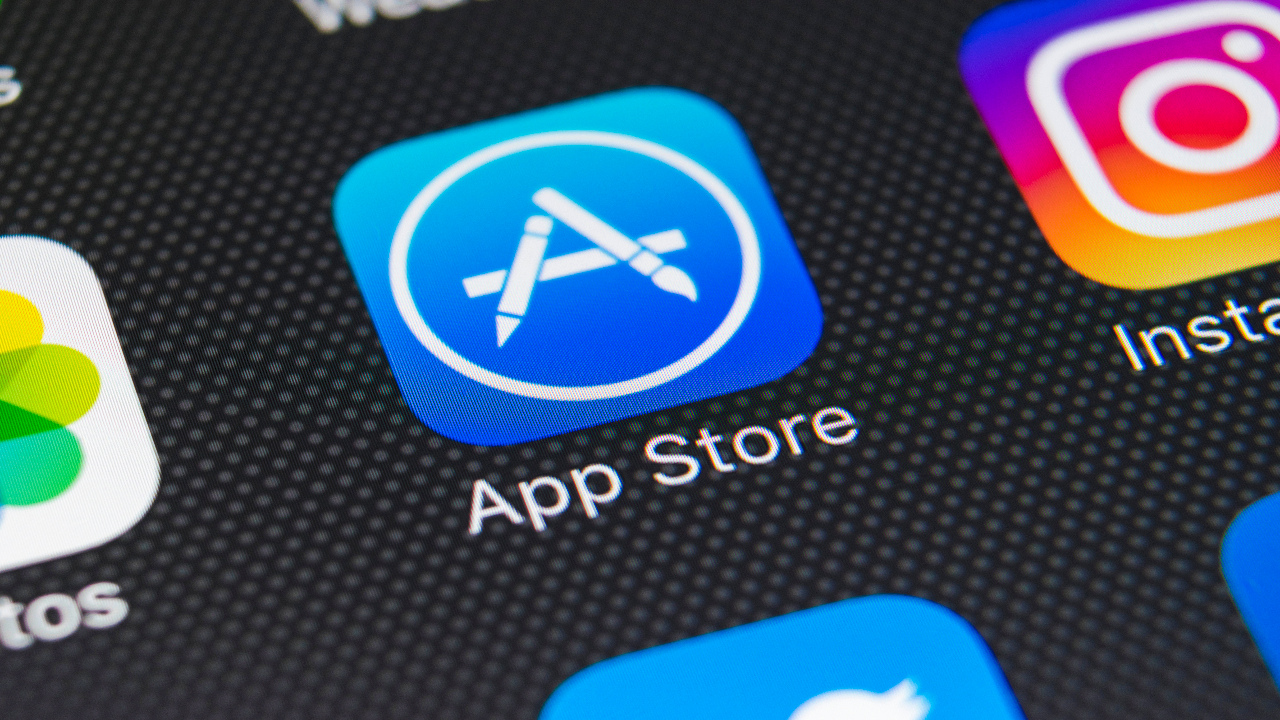Amazon just got Fakespot removed from the iPhone App Store — here’s why
Fakespot, which claims to highlight dishonest Amazon reviews, has its app pulled from Apple's App Store

Fakespot, the software that analyzes the integrity of reviews on the likes of Amazon, Walmart and eBay, has had its app pulled from the iOS App Store just a month and a half after a new updated version went live.
The precise reasoning and ordering of events is disputed, but something that seems to be agreed upon by all the parties concerned is that Amazon had something to do with it. This isn’t even denied by Amazon itself, which told The Verge that the Fakespot app opens an attack vector that could put customers at risk, as it acts as a wrapper to the main website.
- How to cancel an Amazon order before it ships
- The best Android phones in 2021
- Plus: Google Maps update could make pandemic travel safer
“The app in question provides customers with misleading information about our sellers and their products, harms our sellers’ businesses, and creates potential security risks,” the statement reads.
The in-app shopping experience that presents the alleged attack vector is new to the app. Previously, the iPhone experience required users to share products via the Amazon site or mobile app for a considerably less smooth experience.
For its part, Apple said that it tried to mediate between Amazon and Fakespot. “This was a dispute over intellectual property rights initiated by Amazon on June 8 and within hours we ensured both parties were in contact with one another, explaining the issue and steps for the developer to take to keep their app on the store and giving them ample time to resolve the issue,” the company said in a statement. “On June 29, we again reached out to Fakespot weeks before removing their app from the App Store.”
Fakespot founder Saoud Khalifah said this telling of events makes Apple sound a lot more involved than it was. Khalifah noted that Apple mentioned on June 29 that it “may be forced to pull” the app, but that it didn’t offer any guidance as to what could be done to stop this.
“I’m shocked Apple decided to side with Amazon without any proof,” Khalifah told The Verge. “We just dedicated months of resources and time and money into this app. Apple hasn’t even given us the ability to solve this.”
Get instant access to breaking news, the hottest reviews, great deals and helpful tips.
Bad as it is for the little guy, Apple is probably on fairly safe ground here, as its own App Store rules have a clause that appears to be pretty cut and dry on the subject of third-party services. Point 5.2.2 reads: “If your app uses, accesses, monetizes access to, or displays content from a third-party service, ensure that you are specifically permitted to do so under the service’s terms of use. Authorization must be provided upon request.”
While there are plenty of apps that seem to skirt round this rule without punishment (coupon finding apps, for example), it’s pretty clear that Amazon wouldn’t have provided authorization to an app that questions the integrity of its reviews (incorrectly, it argues). The real question, perhaps, is not why Apple has agreed to pull the app, but why it was approved in the first place.
For now, Fakespot continues to be accessible via the web, and on the Google Play Store; though the Android version hasn't been updated since 2019.
Freelance contributor Alan has been writing about tech for over a decade, covering phones, drones and everything in between. Previously Deputy Editor of tech site Alphr, his words are found all over the web and in the occasional magazine too. When not weighing up the pros and cons of the latest smartwatch, you'll probably find him tackling his ever-growing games backlog. He also handles all the Wordle coverage on Tom's Guide and has been playing the addictive NYT game for the last several years in an effort to keep his streak forever intact.
 Club Benefits
Club Benefits






